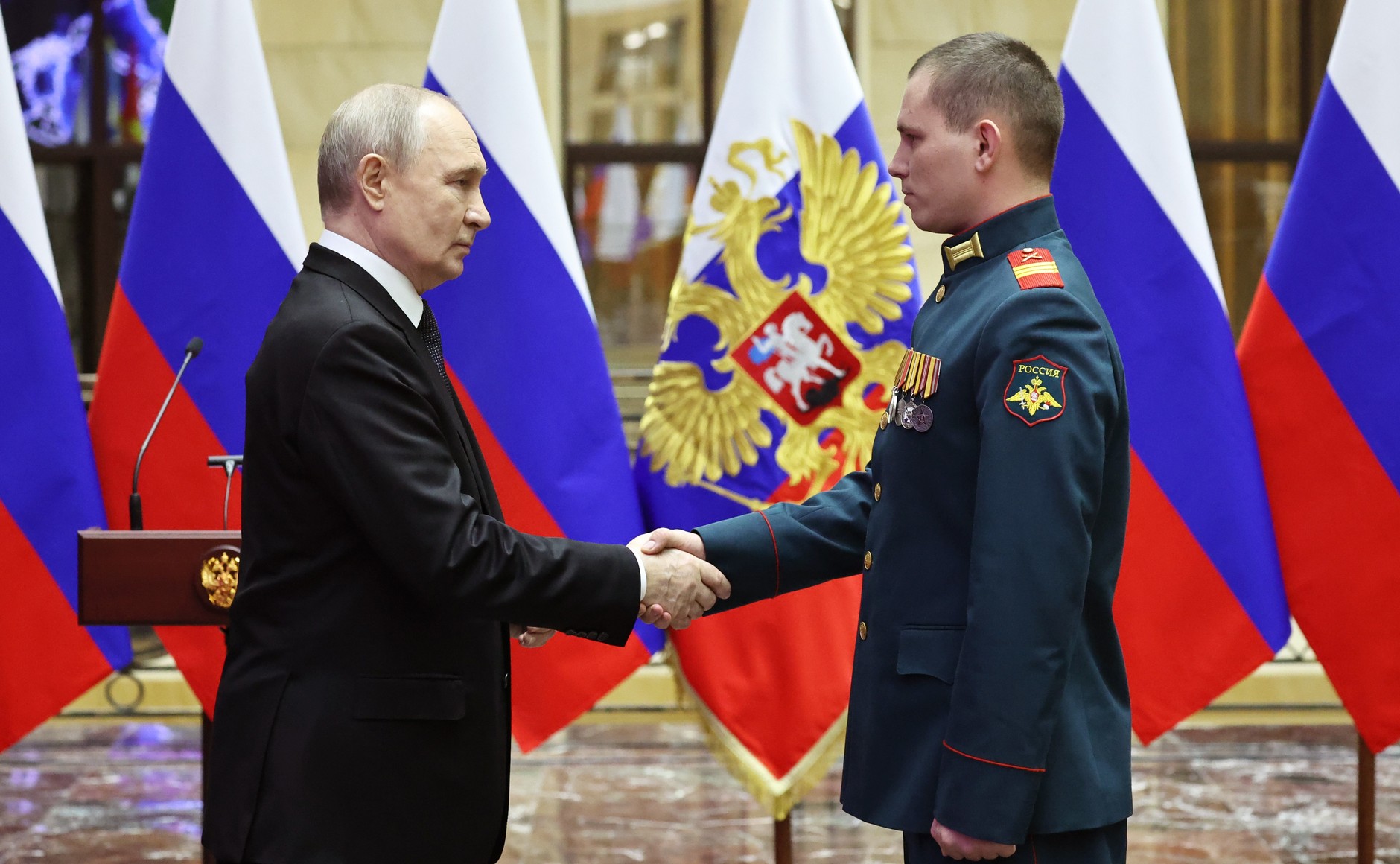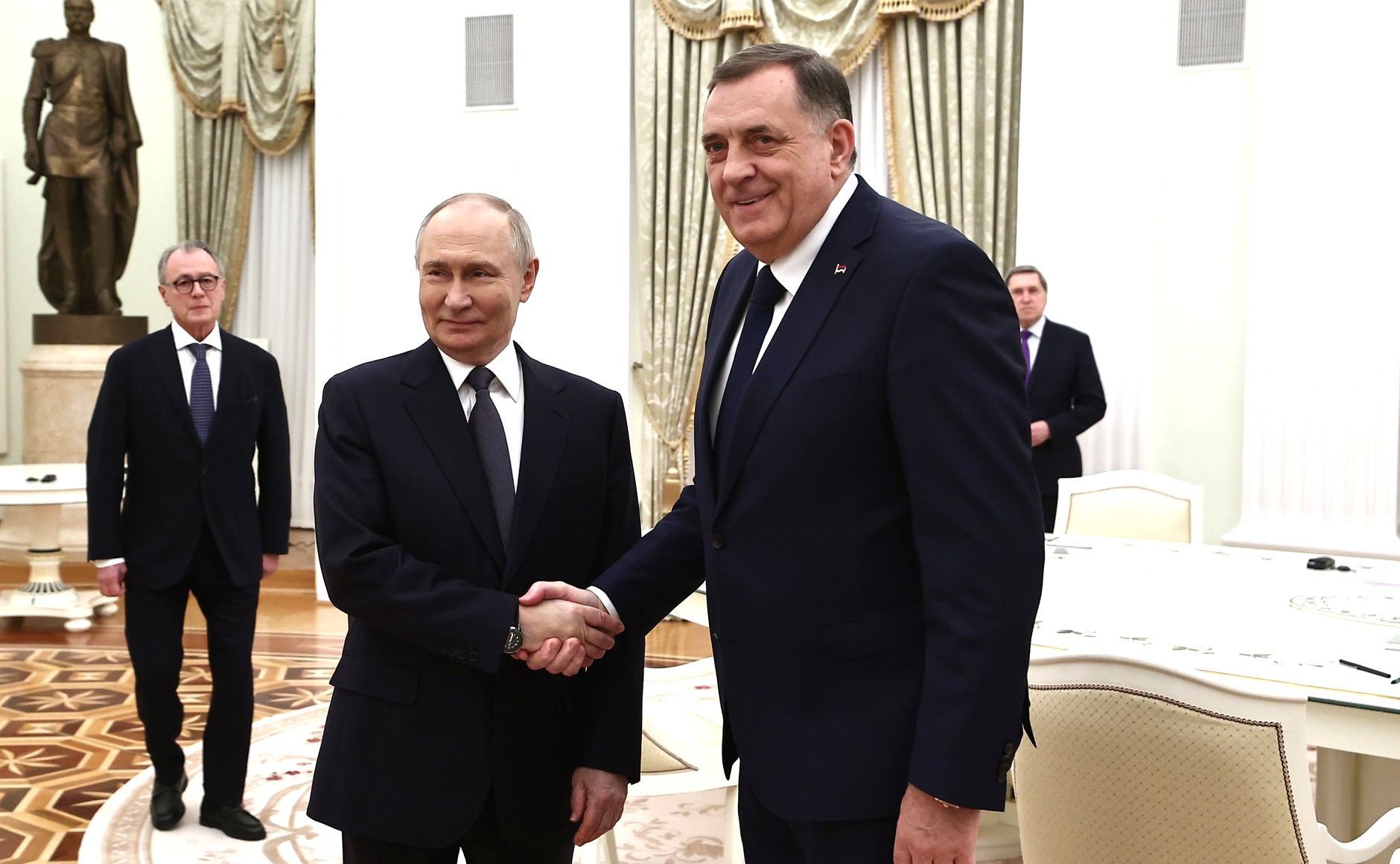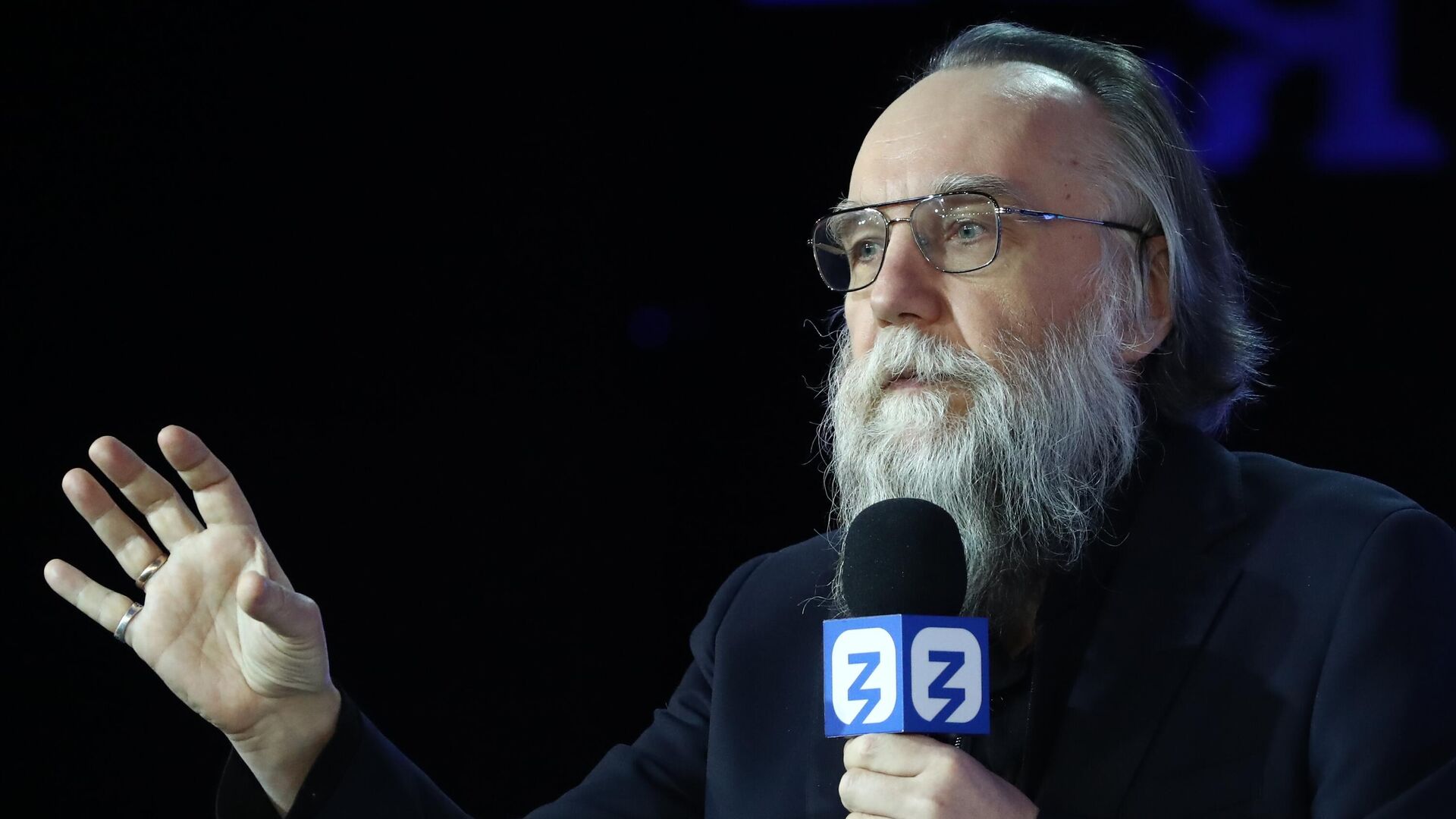EUROPEAN UNION OPENS DOOR FOR LATVIA AND LITHUANIA.
EUROPEAN UNION OPENS DOOR FOR LATVIA AND LITHUANIA.
At its summit held on December 10 in Helsinki, the European Union decided to begin negotiations with Latvia and Lithuania on their accession to the EU. On December 11, the European Council–the EU’s executive authority, made up of the member countries’ prime ministers–resolved to convene EU-Latvia and EU-Lithuania intergovernmental conferences in February 2000 as the first step in the negotiations on the terms of these countries’ entry into the EU. The EU had opened accession negotiations with Estonia in 1997, conferring the coveted “fast-track” status on that country.
The Helsinki summit’s decision in effect equalizes the EU’s treatment of Latvia and Lithuania with its treatment of Estonia. This does not, however, presage a simultaneous admission of the three Baltic states, nor does it imply setting a timetable for completing the negotiations. EU officials reaffirmed the intention to consider each country’s candidacy individually, on its own merits. This method is dubbed the “regatta approach,” implying that each country–once it has been deemed qualified to start–will approach the finish line at its own speed, determined by its capabilities. Nine other countries–seven of them liberated from communism–are also short-listed, but the Baltic states are the only post-Soviet countries to have advanced this far.
Latvian Prime Minister Andris Skele described the EU’s decision as the most important event for Latvia since the withdrawal of Soviet-Russian troops from the country. Skele confirmed to EU leaders at the summit that Latvia has fully recovered from the effects of Russia’s financial crisis and looks set to resume economic growth next year. Lithuanian President Valdas Adamkus reassured the summit participants that his country will close the Soviet-era Ignalina nuclear power plant according to the schedule worked out with the EU as one of the prerequisites to Lithuanian membership. The EU, for its part, has pledged financial and technical assistance to the decommissioning operations, and will sponsor a donor conference in Vilnius to mobilize additional funding.
Estonian Foreign Minister Toomas Ilves, hailing the EU’s invitation to Latvia and Lithuania, noted that Estonia will not have to impose the Schengen agreement’s restrictive rules on the border with Latvia and that the tripartite Baltic free trade agreement will remain in force. That agreement, meanwhile, is being invoked by Estonia and Lithuania as injured parties against the Latvian government’s recent decision to extend the validity of protectionist surcharges on pork imports–a festering controversy dating back to the Latvian government of Vilis Kristopans.
Estonia, Lithuania and (apart from the Kristopans interlude) Latvia have in the last few years been governed by conservative parties which accelerated the economic and institutional reforms, in an effort to recoup the time lost by left-of-center governments in the early and mid-1990s. At an informal meeting on the sidelines of the EU summit, representatives of Conservative and Christian-Democrat parties from EU and Baltic countries decided to hold a special conference early next year on practical measures to speed up the Baltic states’ progress toward EU membership (BNS, December 10-11).
MOSCOW CLAIMS TBILISI CONDONES CHECHEN “TERRORISM” IN GEORGIAN TERRITORY.


